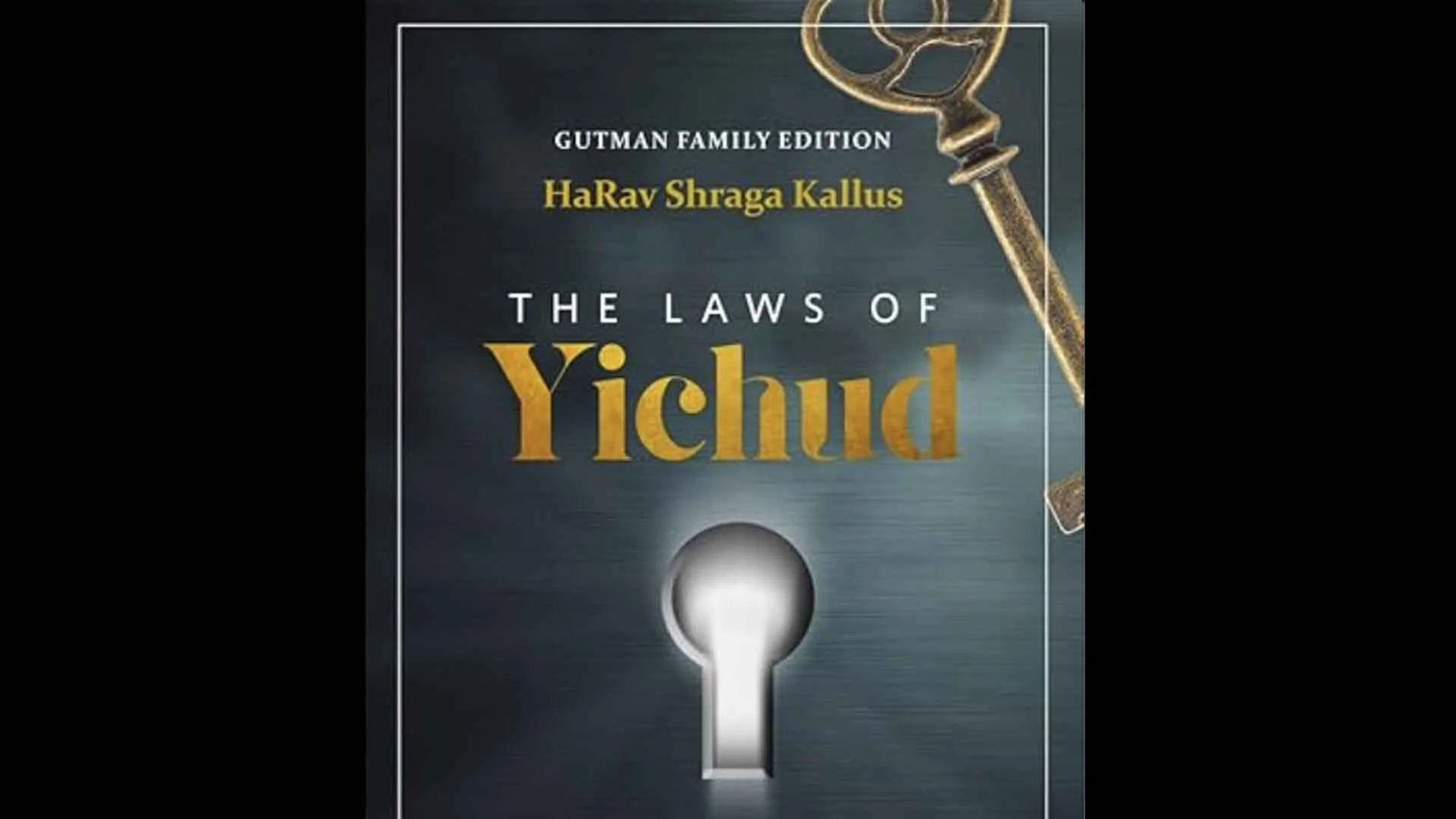For the source text click/tap here: Avodah Zarah 25
To download, click/tap here: PDF
The prohibition of yichud, codified in the Talmud (Kiddushin 80b; Avodah Zarah 36b) and halakhically detailed in the Shulchan Aruch (Even HaEzer 22), forbids a man and woman who are not married to one another from being secluded in private spaces.
To many, this restriction appears anachronistic in an age that celebrates autonomy, gender equality, and sexual liberation.
Yet, in a cultural moment punctuated by scandals involving consensual and non-consensual sexual interactions (e.g., Weinstein, Epstein, #MeToo), the yichud framework warrants renewed attention.
Yichud is not primarily concerned with action but with potential: the creation of a situation where illicit sexual behavior might occur. The prohibition stems from the rabbinic maxim, ein apotropus le-arayot—“there is no guardian against sexual impropriety” (Avodah Zarah 36b). Human desire, rabbinic sources suggest, is unpredictable, transcultural, and requires external containment.
We explore the notions of power intimacy and sexuality.

